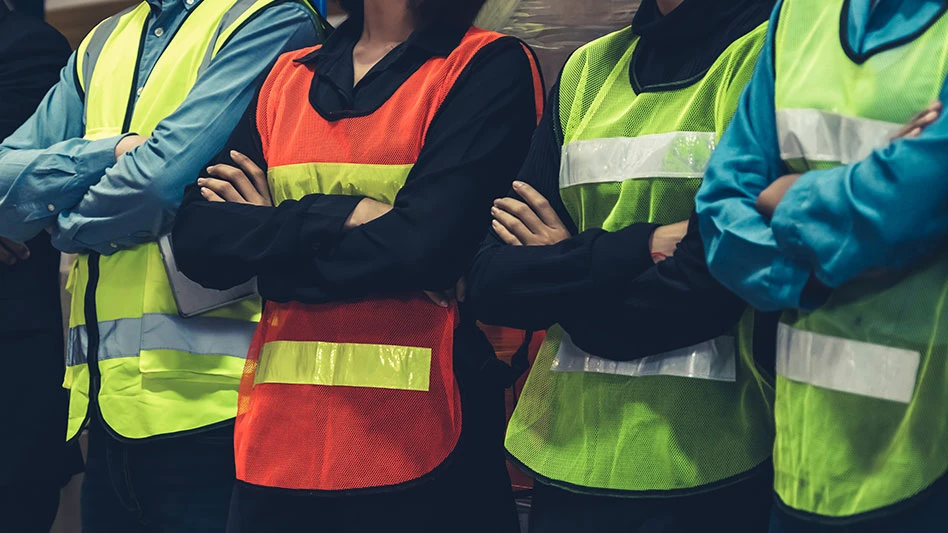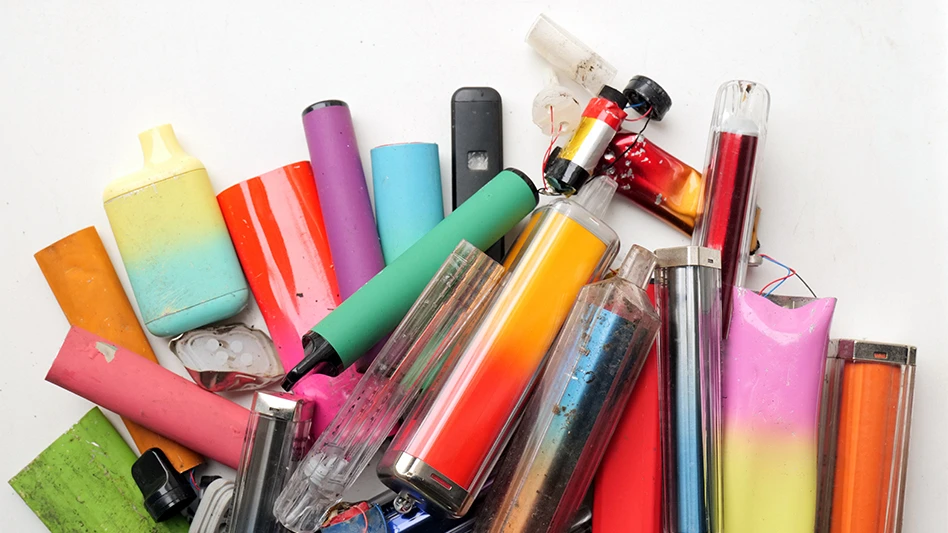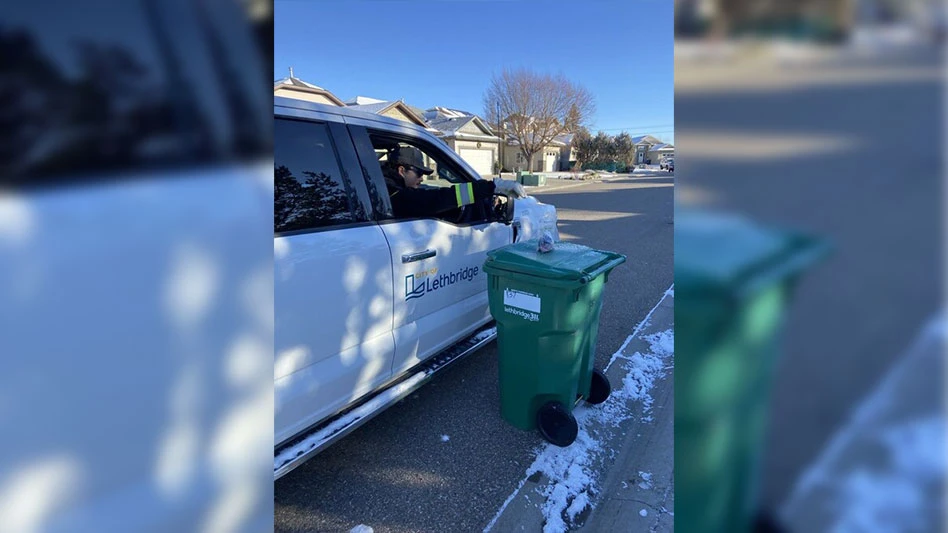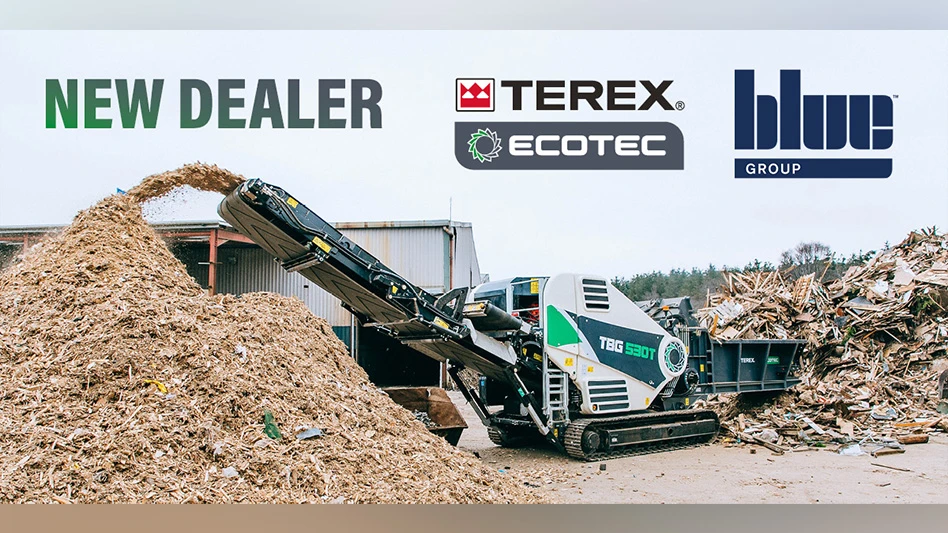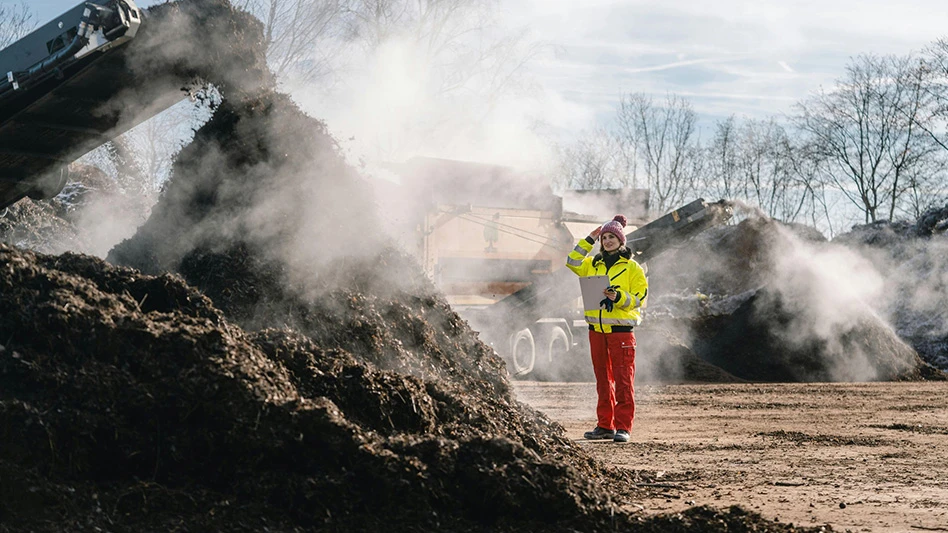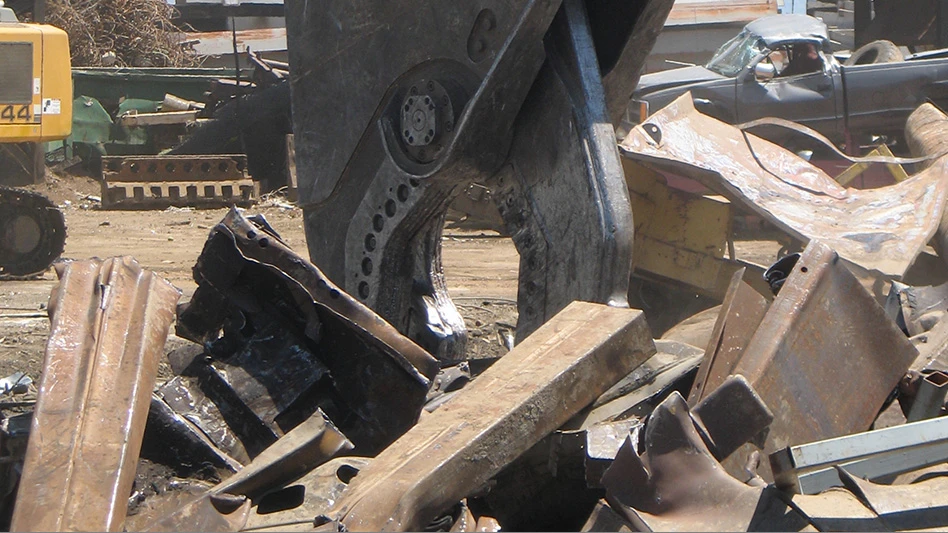At its summer board of directors meeting, the Institute of Scrap Recycling Industries (ISRI), Washington, adopted a policy that supports separating recyclables from waste prior to collection as opposed to commingled or one-bin collection. Sorting before collection ensures that recyclable materials, particularly paper, are not unnecessarily contaminated and degraded, the association for the recycling industry says.
“One-bin collection jeopardizes the quality of recyclables by mixing them with liquids, food, chemicals and other waste, thereby lowering, and in many cases all-together destroying, their value,” says Robin Wiener, president of ISRI. “Materials that are all together destroyed will be diverted to landfills or incinerators, lowering recycling rates and damaging the environment.” She adds, “Simply put, one-bin collection is not good for recycling.”
The ISRI policy states: “ISRI supports the collection and sortation of recyclable materials in a manner that optimizes the value and utilization of the material as specification-grade commodities to be used as feedstock to manufacture new products.
“Since the quality of the recyclables as specification grade commodities is essential, ISRI opposes the commingling of recyclables with solid waste or mixed waste processing in one-bin system where all solid waste and recyclables are placed together with no separation prior to recycling.”
Latest from Recycling Today
- Phoenix Technologies closes Ohio rPET facility
- EPA selects 2 governments in Pennsylvania to receive recycling, waste grants
- NWRA Florida Chapter announces 2025 Legislative Champion Awards
- Goldman Sachs Research: Copper prices to decline in 2026
- Tomra opens London RVM showroom
- Ball Corp. makes European investment
- Harbor Logistics adds business development executive
- Emerald Packaging replaces more than 1M pounds of virgin plastic
